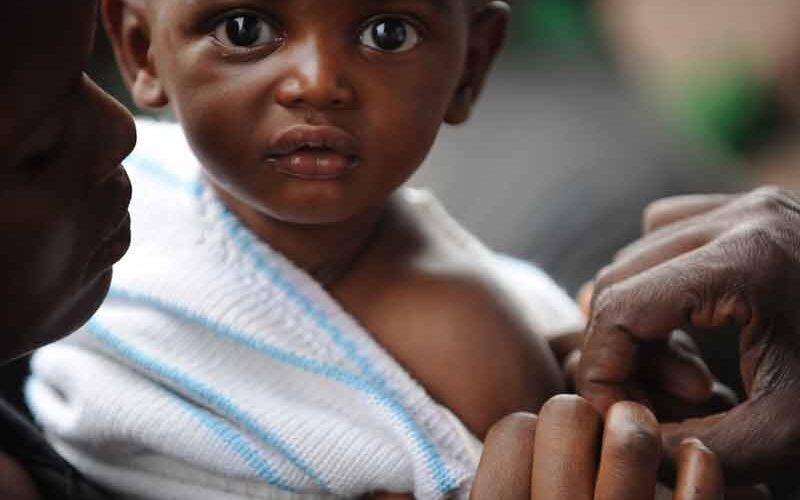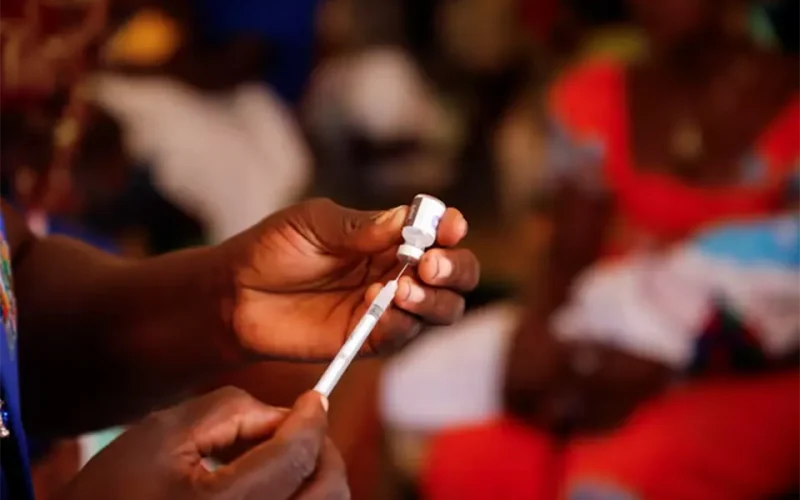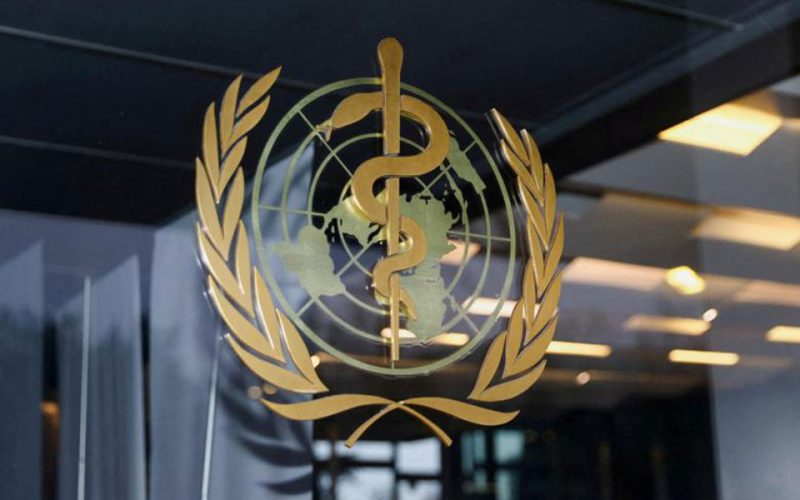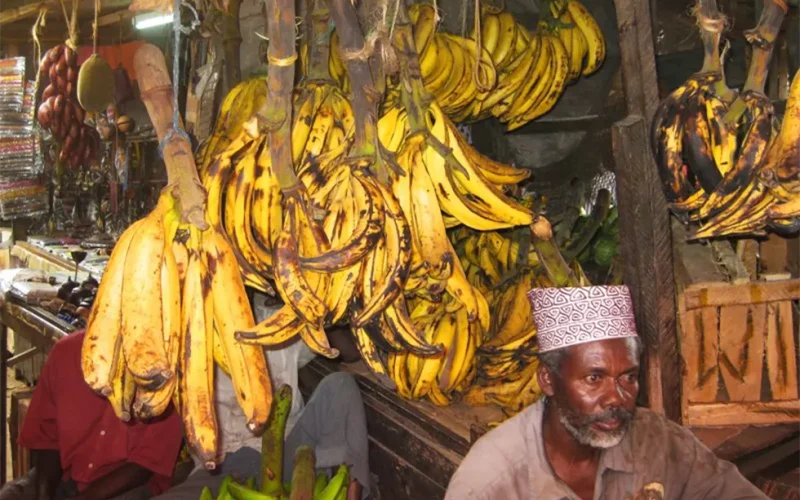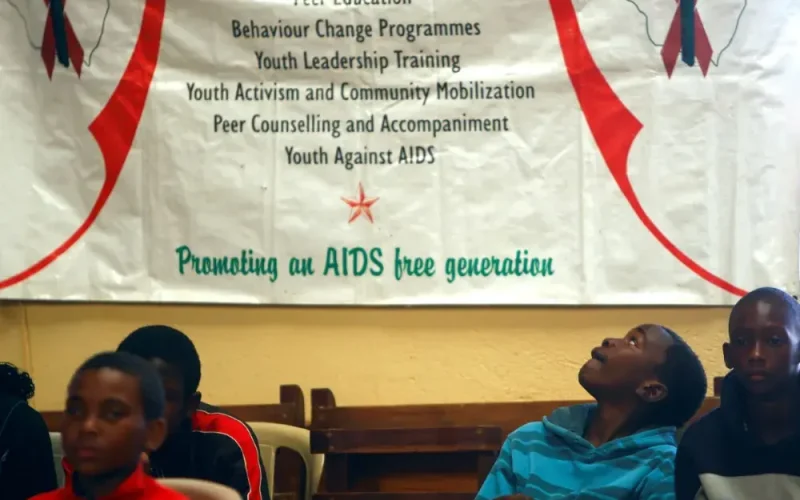
Nigeria is pioneering a new vaccine to fight meningitis – why this matters
NIGERIA recently became the first country to roll out a new vaccine (called Men5CV) recommended by the World Health Organization (WHO), which protects people against five strains of meningococcus bacteria. The Conversation Africa asked Idris Mohammed, a professor of infectious diseases and immunology and former board chair of Nigeria’s National Programme on Immunisation, to explain the new vaccine and its likely impact. What is meningitis? Meningitis is the inflammation of the tissues surrounding the brain and spinal cord, usually caused by infection. It can be fatal. Meningitis can be caused by several species of bacteria, viruses, fungi and parasites. The…

